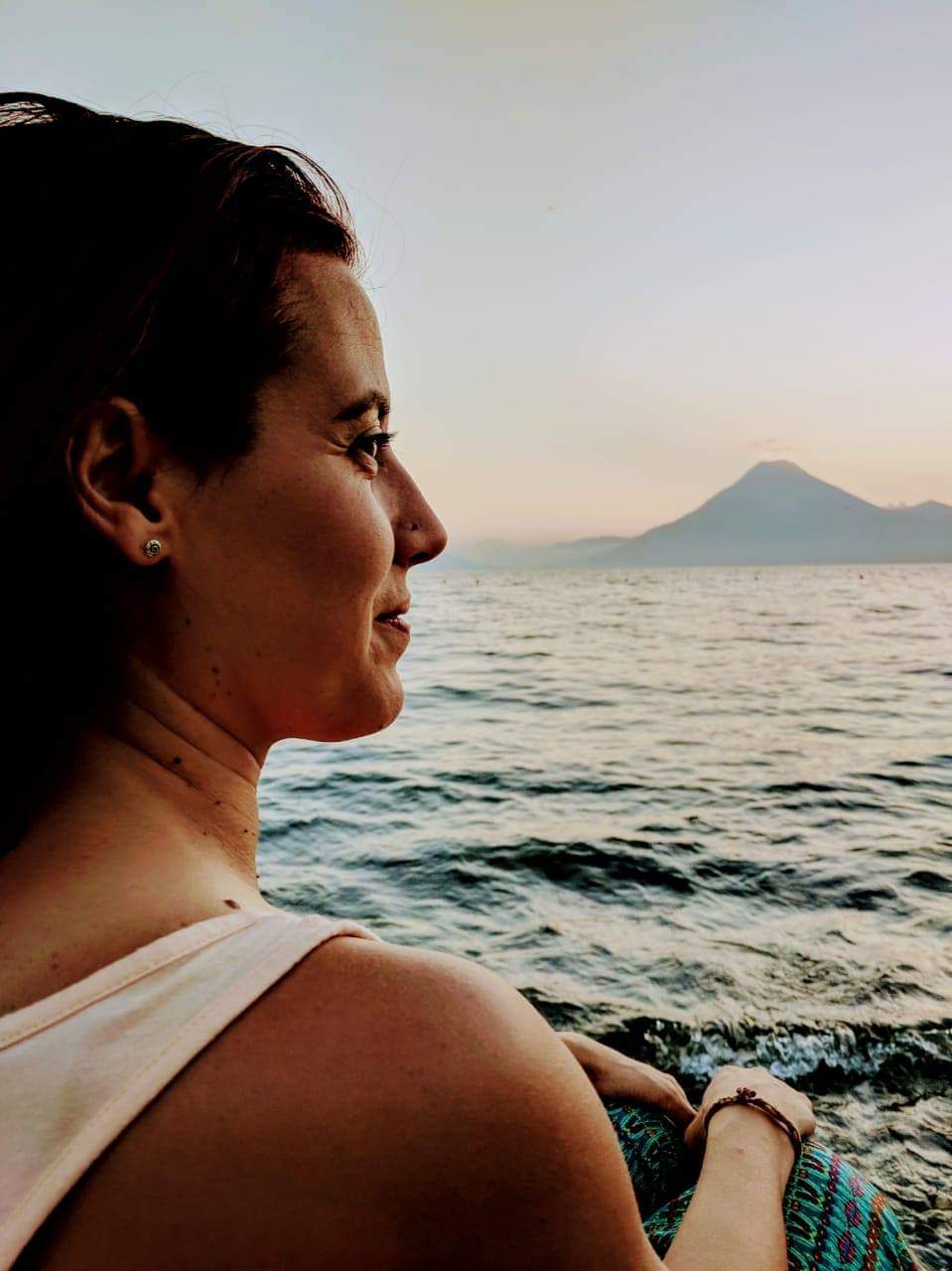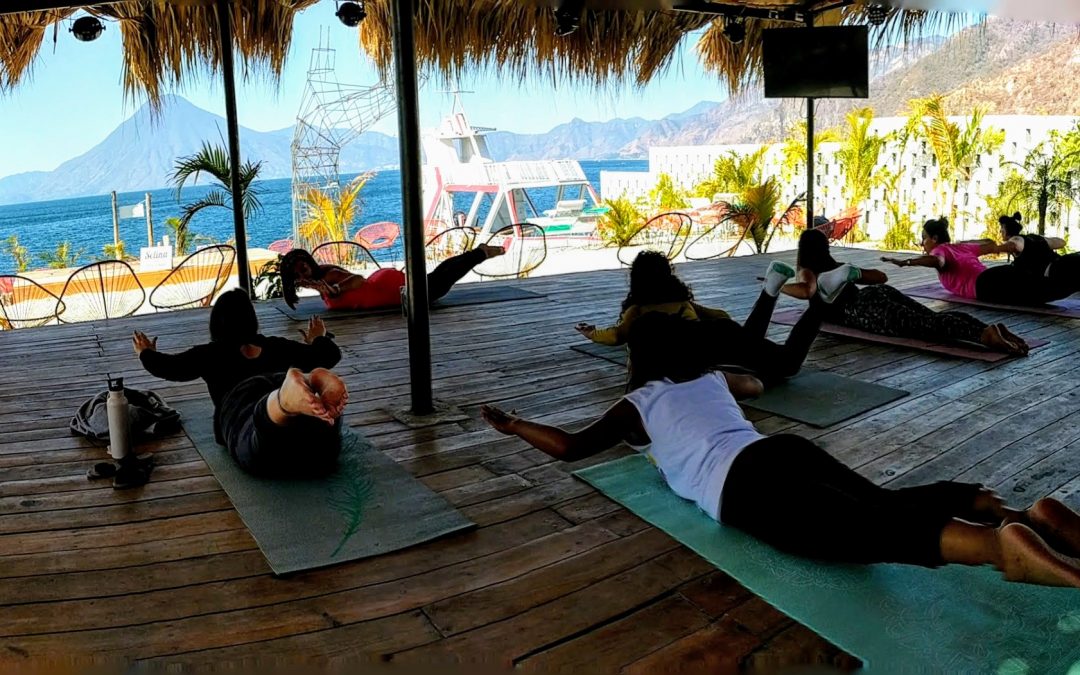It’s almost the end of March. By now our New Year’s resolutions tend to fade into oblivion and many people lose their determination to exercise. Some more willing folks start their spring walks as the world awakens after the winter months. Don’t worry, I am not going to launch a campaign concerning the benefits of exercise. We all know about stronger bones and reduced risks of heart disease, diabetes and colon cancer brought about by regular physical activity. Some of us are also aware of the psychological benefits of exercise such as resistance to depression and anxiety or better mood, increased resilience and confidence to name a few. However, the wisdom of the body does not end here. Our physical being, our visceral sense of self, our embodied existence all deserve more attention in the quest for wellbeing. When I worked with antisocial students excluded from school I heard one therapist say “Self-regulation is biological, first and foremost”. It starts with the physical, not psychological. Rather than spending lengthy sessions microanalising every single manifestation of our mental activity, we also need to get out of our heads and return to our bodies. I did not really understand it well until I started practising yoga… a very effective way of accessing our innate inbuilt self-regulating apparatus.

I’m not a naturally flexible person and I hate some of the postures. That’s not the point. “Yoga is often misunderstood” says Gema, a dynamic yoga teacher from Spain. Asanas (the postures) are actually a small part of the philosophy of yoga as outlined in the Eight Limbs of Yoga by Sage Patanjali in his Yoga Sutras. Yoga is a philosophy of non-violence, reflection, meditation and self-control. You’re not supposed to be good at the exercises, you’re supposed to notice your strengths and weaknesses without judgement. Yes, without judgement! Moreover, the physical paves the way towards the emotional, not the other way round. Gema’s journey, like for many of us, started with disillusionment. She worked as an IT consultant in Madrid and after yet another exhausting week and more stress related ailments, she knew she reached the end of her tether. Gema discovered that yoga is a vocation that transforms the mind through the body. This is about patience, forgiveness and balance that you take away from the matt and bring back to your life. Gema and Linda (another local yoga teacher) love to talk about “finding comfort in the discomfort”, especially when the postures make the yogis grunt out of exhaustion. You’re supposed to be fully present in the difficulty. I see it as a training ground for accepting the unbearable.

The answers to life’s challenges do not have to be verbal. Sometimes, we can learn much more by tuning in to our bodily experiences. Yoga is about the acceptance of the shadow. Yes, we have limits and yes life hurts at times. I find it fascinating that many issues brought to counsellors are essentially built on self-aggression. My clients often talk about “not being good enough” or having to fit into some imaginary and undefined standard. There is a notion in Buddhism of spiritual materialism. This is when we use some of the concepts to justify what is an illusion, which in this case is the self-hatred that many people struggle with. Some people misuse counselling to find fault in themselves. When they come for therapy I call them professional patients. They know the lingo, they know how to play the game. They can name their attachment style and they are so articulate about their self-defeating patterns. Sadly it doesn’t help! Gema challenges this idea by pointing out that the essence of yoga is gratitude and self-respect. Therapy should be concerned with uncovering inner resources and valuing the uniqueness of every human being. It’s so important to keep this in mind when undertaking any type of personal work! It is a fantasy that we can completely get rid of the shadow. Instead of beating yourself up, accept what is. So what’s the point of self-improvement? Your attention and intention will determine the outcome. Attend gently to your shortcoming and allow them to be. If your intention is to destroy a part of yourself in the quest for self-improvement, you’re in self-aggression mode. Instead, honour your efforts and your intention to change. No one has ever achieved long-lasting life satisfaction through self-criticism.

The business of attending to the body has more to offer than better health and emotional self-regulation. Increased awareness of your physical self will give you access to the feelings and thoughts that bubble up in the biochemistry of your tissues.
We have two memory systems that work in tandem:
- explicit memory – what we know, are aware of and can put into words or symbols, e.g. names, dates, stories and facts
- implicit memory – what we know and cannot put into words but can feel subtly, e.g. moods, unconscious relationship expectations, instincts and impressions
Our implicit knowing is formed and sustained through the activities of the body, such as muscular tension, breathing, pulse, posture and facial expressions. According to Bill Cornell (known transactional psychologist), healthy functioning requires both implicit and explicit knowing. Clients often say “I know that but I have no idea how to change!” That’s when they have to go deeper into the awareness of their physical experience. Those of you who are dog lovers will understand it intuitively. Dogs know how to read our emotions, they operate very much in the implicit and languageless world. And yet we feel them, we experience this warm ball of fluffy energy whenever we see a cute little puppy. This is it! The implicit knowing that you might share with a dog… The unconscious is based in the body and that’s why we should pay attention to it if we want to understand fully our experience. Think of classical music – we often feel it through impressions and implicit moods or bodily feelings. Your body is a temple, a recipient of experiences that will not only heal you but also enrich your life in ways that you have not imagined.
